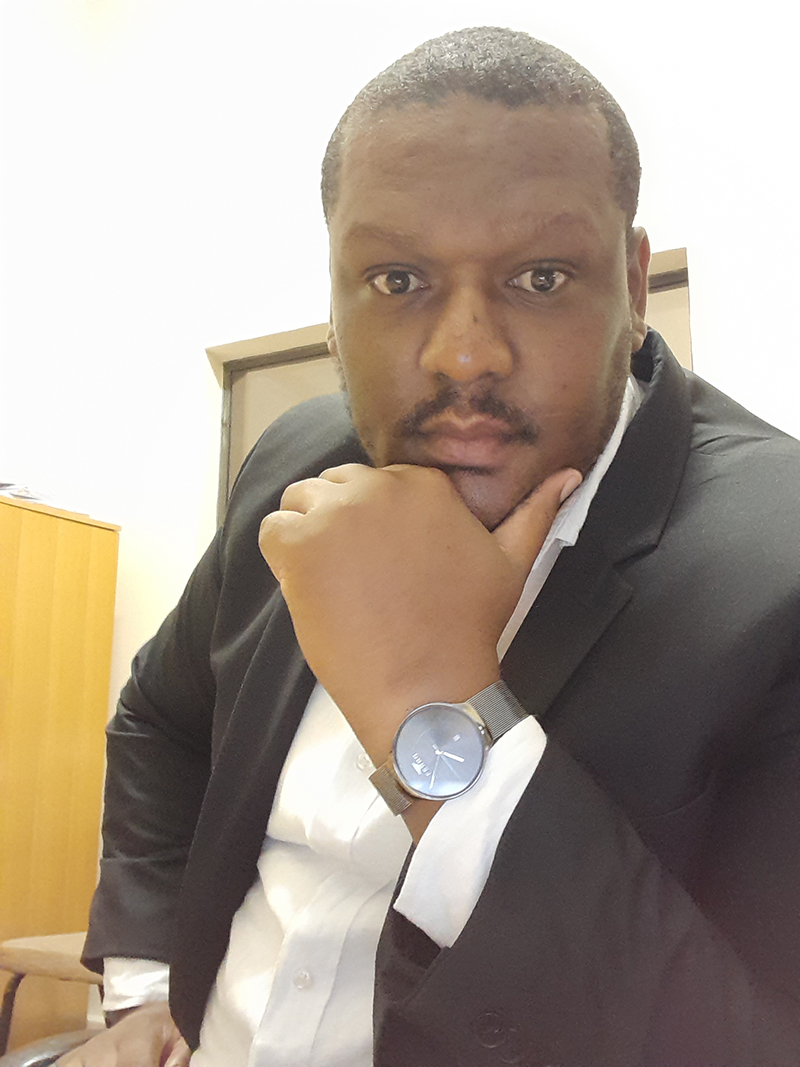Mother-tongue education for North West Province school learners is set to be expanded through a pilot project in January 2025. The expert view of Dr Judicial Sebatana of the North-West University’s (NWU’s) Faculty of Education is that the provincial government’s plans are a critical step forward for mother-tongue learning. However, some foundational issues will need to be addressed for the initiative to succeed.
Commenting on the North West Department of Education’s planned Mother Tongue-Based Bilingual Education (MTbBE) project, Dr Sebatana lauds the department’s commitment to mother-tongue education.
“The MTbBE project is about extending the use of the home language beyond Grade 3, which has historically been the limit for non-English and non-Afrikaans speakers,” says Dr Sebatana.
“English and Afrikaans speakers have access to mother-tongue instruction from early years through to Grade 12. This initiative will extend mother-tongue instruction for African language speakers to eight years, covering Grades R to 7 for mathematics, science and technology (MST) subjects.”
The pilot project will see core subjects such as natural science, technology and mathematics taught in Setswana, IsiXhosa and Sesotho to support students in learning through their mother tongue.
The aim is to integrate African languages into instruction for Grade 4 learners in 300 schools, potentially fostering a stronger connection to their culture and promoting cognitive development.
However, Dr Sebatana raises several concerns about the feasibility of the project, particularly around language development and teaching capacity.
Are African languages ready?
“One of my main concerns is the readiness of African languages to handle the complexities of technical subjects like the MST subjects,” he explains. “It was only in 2019 that we saw our first PhD in Setswana with Dr Justice Legodi from Zeerust, so there is a gap in higher education for African languages, especially in technical fields.”
The Department of Higher Education has invested in initiatives to develop African languages, but Dr Sebatana cautions that progress has been slow. “At the NWU, we struggle to find candidates qualified to teach or study in Setswana and Sesotho at advanced levels. This shortage is particularly acute for technical subjects.”
He also highlights challenges in staffing for the pilot project. “Many African language teachers are not trained in technical subjects, and technical subject teachers may lack proficiency in African languages. In some cases, these teachers might not even be from South Africa, which can complicate language integration further,” he notes.
In his view, while the MTbBE project reflects a positive goal of expanding educational accessibility, there are foundational issues that need to be addressed for the initiative to succeed.
“The intention is good, but it needs stronger positioning and support to ensure effective implementation.”

Dr Judicial Sebatana.
